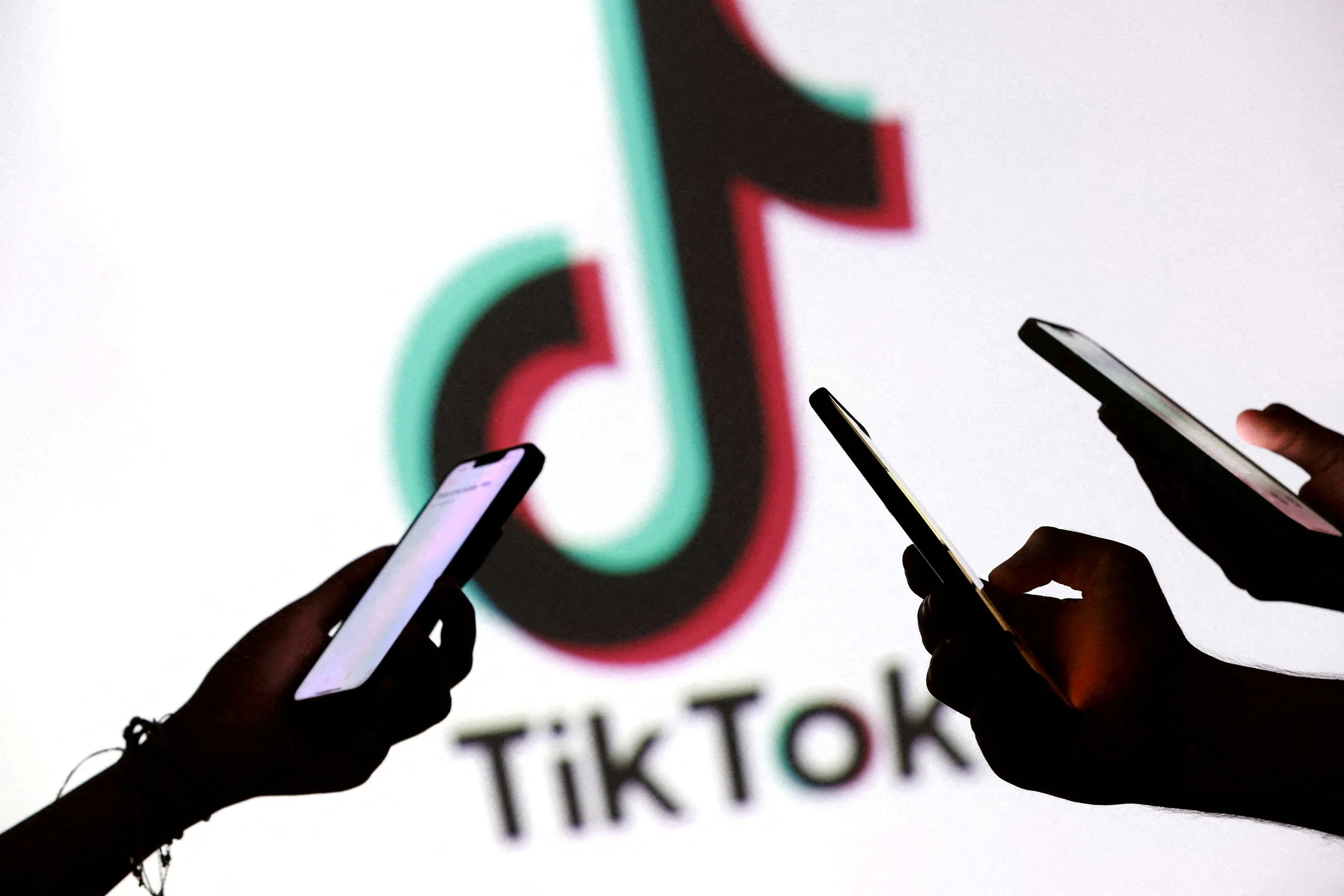By Kandy Wong,Ralph Jennings
Copyright scmp

Despite its vague wording, the new China-US framework deal on popular video-sharing app TikTok represents an important step in advancing bilateral talks and keeping ties warm ahead of any future meetings between the world’s two largest economies, according to analysts.
And they added that Beijing could potentially try to leverage the TikTok deal by seeking tariff cuts or relief from hi-tech export controls.
Officials from both powers confirmed after negotiations in Madrid, Spain, on Sunday and Monday that they had agreed on a framework for resolving TikTok-related issues that date back to US President Donald Trump’s first term in office, five years ago.
Negotiators have not publicised the framework text over TikTok, but the Chinese side said it maintains the right to review and approve matters concerning technology exports, intellectual property rights, and licensing agreements related to TikTok, a popular Chinese app that has well over 100 million users in America.
Specific terms of the deal are expected to be unveiled after an anticipated phone call between Trump and President Xi Jinping on Friday.
The deal may feature a “new ownership scheme” or allow US licensing of “proprietary technologies”, said Liang Yan, a professor of economics at Willamette University in the US.
Washington wants TikTok to keep operating in the US, as even the White House has a page on the social media platform, Liang said.
Wang Jingtao, deputy director of the Central Cyberspace Affairs Commission in China, said the agreement would cover the “entrusted operation” of TikTok’s US user data and content security business, plus the licensed use of its algorithm and other intellectual property rights.
I don’t think China is giving up that much
Chen Zhiwu, University of Hong Kong
Analysts said that, on top of the TikTok deal, the latest trade talks appeared to have yielded positive momentum towards a potential visit by Trump to China.
“Trump is desperate to go to China,” said Alicia Garcia-Herrero, chief economist for the Asia-Pacific region at French investment bank Natixis. But she said Trump was likely to meet with Xi during an Asia-Pacific Economic Cooperation (Apec) summit in South Korea between late October and early November, rather than going to Beijing, because China would need a much bigger deal to justify that.
TikTok’s Beijing-based parent company, ByteDance, would still control source codes for the platform in China, where the app is called Douyin, and in the many other countries where it is used, said Chen Zhiwu, chair professor of finance at the University of Hong Kong.
“I don’t think China is giving up that much,” he said.
The US had initially set September 17 as the deadline for ByteDance to sell or divest its US operations to a non-Chinese owner.
Now, analysts said, the TikTok deal gives China leverage to ask that the US government lower tariffs – some dating back to Trump’s first term, but most levied this year – on imports from the global manufacturing powerhouse to the world’s biggest consumer market.
Trump raised tariffs on Chinese goods by 20 per cent early this year over what he described as Chinese exports of precursor chemicals for the illegal drug fentanyl.
The next round of talks at the negotiator level – delegations were headed this week by US Secretary of the Treasury Scott Bessent and Chinese Vice-Premier He Lifeng – may see Beijing agree to purchase a set amount of American farm goods, particularly soybeans, as a way of easing the wider trade war, Chen said.
China shifted soybean orders from the US to Brazil during this year’s trade war, even as American farmers have been pressing Washington to step up negotiations.
“Indeed, we have seen some reports of stress on US farmers, and any deal to resume purchases would likely be a big boon to them,” said Lynn Song, chief economist for Greater China at the Dutch financial services firm ING. “However, I would doubt that this could come through without a lowering of tariffs from the US as well.”
Any steps towards lowering tariffs would be “a positive” for financial markets, Song added.
But negotiators may view the export of fentanyl ingredients as a “key stumbling block” pre-empting any agricultural purchase pacts, said Jayant Menon, a visiting senior fellow with the ISEAS – Yusof Ishak Institute research organisation in Singapore.
“There are a host of complex issues to be resolved, and the fact that it has taken this long … is testimony to the difficulties involved,” Menon said.
Trump is likely to push for a third consecutive 90-day pause in figuring out tariffs and untangling government controls over prized exports such as chips on the US side and rare earth metals processed in China, analysts said.
During their first round of trade talks in Geneva in May, China and the US agreed to suspend most of their tariffs for 90 days. After the third round of meetings in Stockholm in late July, they agreed to extend their truce for another 90 days.
Bessent said this week that negotiators would meet again before the second 90-day truce expires next month, coming close to the Apec forum that could coincide with an in-person meeting between Trump and Xi.



